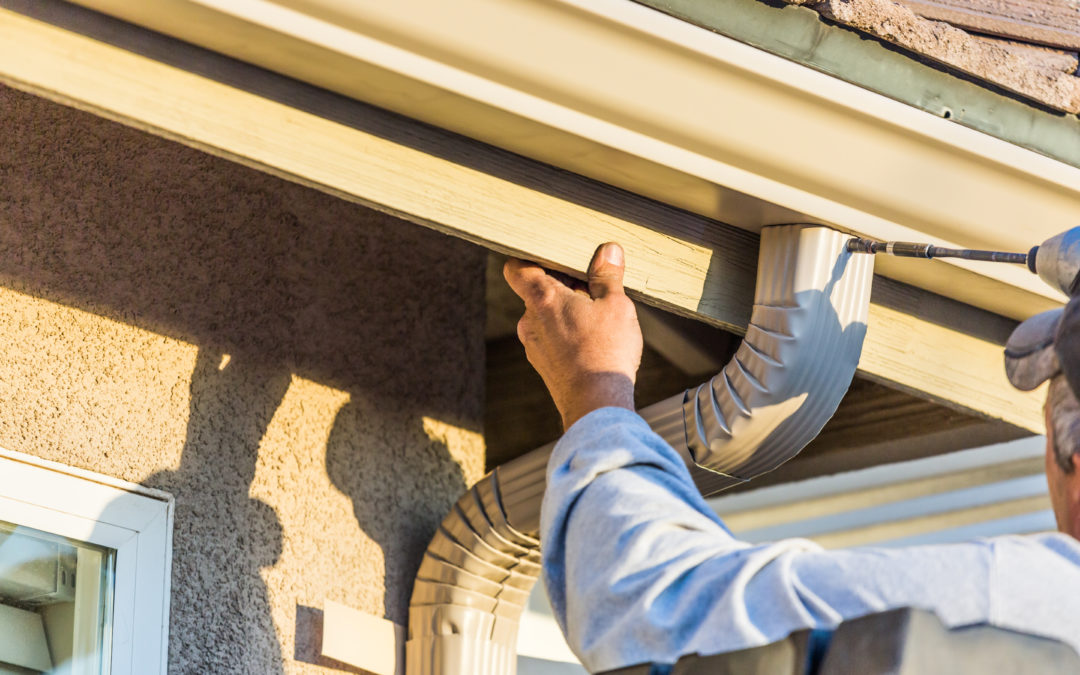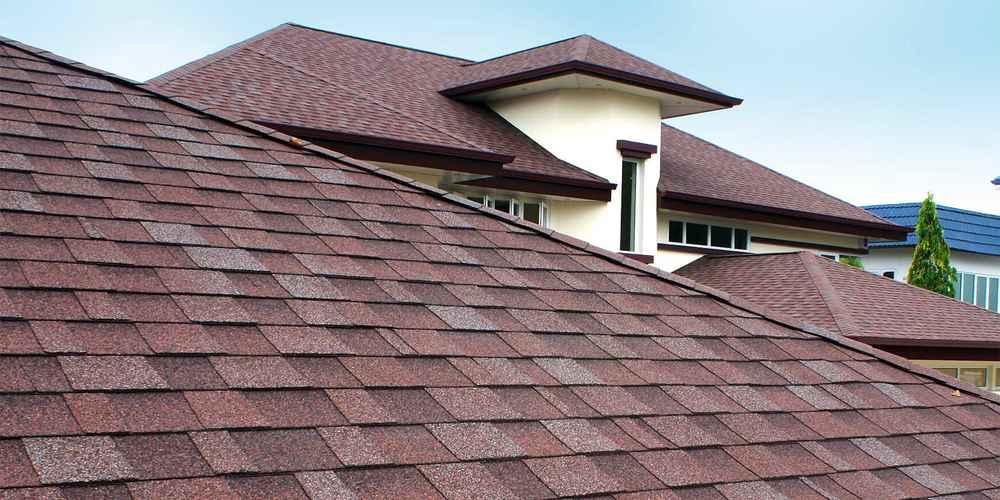The Importance of Rain Gutters: Protecting Your Home from Water Damage
Rain gutters are often overlooked when it comes to home maintenance, yet they play a crucial role in protecting your property from water damage. Whether you live in an area that experiences frequent rainfall or a place with occasional storms, gutters act as the first line of defense against water infiltration. In this post, we’ll explore the importance of rain gutters and how they help to preserve the integrity of your home.
How Rain Gutters Work
 Rain gutters are designed to channel rainwater away from your roof and down into downspouts, directing it away from your home’s foundation. The system works by collecting water that runs off the roof and guiding it to the ground, preventing water from pooling around the base of the house. Without proper gutters, rainwater can accumulate along the edges of your home, leading to several serious issues.
Rain gutters are designed to channel rainwater away from your roof and down into downspouts, directing it away from your home’s foundation. The system works by collecting water that runs off the roof and guiding it to the ground, preventing water from pooling around the base of the house. Without proper gutters, rainwater can accumulate along the edges of your home, leading to several serious issues.
Protecting the Foundation of Your Home
One of the most important functions of rain gutters is protecting the foundation of your home. When water is not properly diverted away from your house, it can pool around the foundation, leading to erosion and water seepage into the basement or crawl space. Over time, this moisture can weaken the foundation, causing cracks and compromising the overall stability of the structure. By installing and maintaining gutters, you can prevent this type of damage and ensure that your home remains secure for years to come.
Preventing Roof Damage
Rainwater that isn’t channeled away effectively can also cause damage to your roof. If gutters are clogged or improperly aligned, water can overflow onto the roof, leading to the deterioration of roofing materials. Prolonged exposure to water can cause shingles to rot, rust metal roofing, and even create leaks. Regular gutter maintenance, such as clearing debris, ensures that the water is flowing freely and keeps your roof in good condition.
Protecting Siding and Exterior Walls
The overflow of water from gutters can also damage your home’s siding. Water running down the exterior walls can cause stains, mold, and mildew growth, leading to both cosmetic and structural damage. Whether you have vinyl, wood, or brick siding, constant exposure to water can deteriorate the materials over time. Well-functioning gutters act as a protective barrier, preventing excess water from coming into contact with your walls and keeping your exterior looking pristine.
Preventing Landscape Erosion
Water that falls unchecked from overflowing gutters can wreak havoc on your landscaping. Excessive water flow can erode soil, wash away mulch, and damage plants, leading to costly landscaping repairs. By ensuring that rainwater is properly directed away from your yard, gutters help maintain the integrity of your landscaping, saving you time and money spent on restoring your outdoor spaces.
Avoiding Mold and Mildew Growth
In areas prone to dampness, mold and mildew can develop quickly if water is not properly managed. Gutters that don’t function properly can contribute to moisture buildup around your home’s foundation, in basements, and in attics. This dampness creates the ideal environment for mold growth, which can lead to significant health issues. Keeping your gutters in good condition reduces the risk of mold and mildew by ensuring that water is moved away from your property and does not have the chance to settle.

How Often Should Gutters Be Cleaned and Maintained?
The importance of rain gutters is clear, but to ensure they function properly, regular maintenance is necessary. Over time, gutters can collect leaves, twigs, and other debris that block water flow. When gutters are clogged, they can’t do their job effectively. It is generally recommended to clean your gutters at least twice a year—once in the spring and once in the fall—especially if you have a lot of trees around your property. Regular cleaning helps prevent blockages, reduces the likelihood of overflow, and extends the lifespan of your gutters.
In addition to cleaning, it’s important to inspect your gutters periodically for any signs of damage. Look for sagging gutters, cracks, or detached downspouts. If you notice any issues, it’s a good idea to address them quickly before they lead to more extensive problems. Repairing minor issues promptly will save you from more expensive repairs in the future.

 Weather is one of the primary factors that can impact the lifespan of asphalt shingles. In areas prone to extreme heat, cold, or storms, your shingles may face additional stress. While you can’t control the weather, there are steps you can take to protect your roof during severe conditions.
Weather is one of the primary factors that can impact the lifespan of asphalt shingles. In areas prone to extreme heat, cold, or storms, your shingles may face additional stress. While you can’t control the weather, there are steps you can take to protect your roof during severe conditions. Idaho homes are often characterized by their rustic charm, mountain-inspired aesthetics, and a deep connection with nature. The architecture frequently embraces natural materials like wood, stone, and metal, blending harmoniously with the surrounding environment. When it comes to roofing, homeowners often opt for materials that complement this style, such as cedar shakes, metal roofing, or slate. Each of these materials offers unique benefits, from durability to aesthetic warmth, making them perfect for Idaho’s unpredictable climate and the state’s overall design ethos.
Idaho homes are often characterized by their rustic charm, mountain-inspired aesthetics, and a deep connection with nature. The architecture frequently embraces natural materials like wood, stone, and metal, blending harmoniously with the surrounding environment. When it comes to roofing, homeowners often opt for materials that complement this style, such as cedar shakes, metal roofing, or slate. Each of these materials offers unique benefits, from durability to aesthetic warmth, making them perfect for Idaho’s unpredictable climate and the state’s overall design ethos.